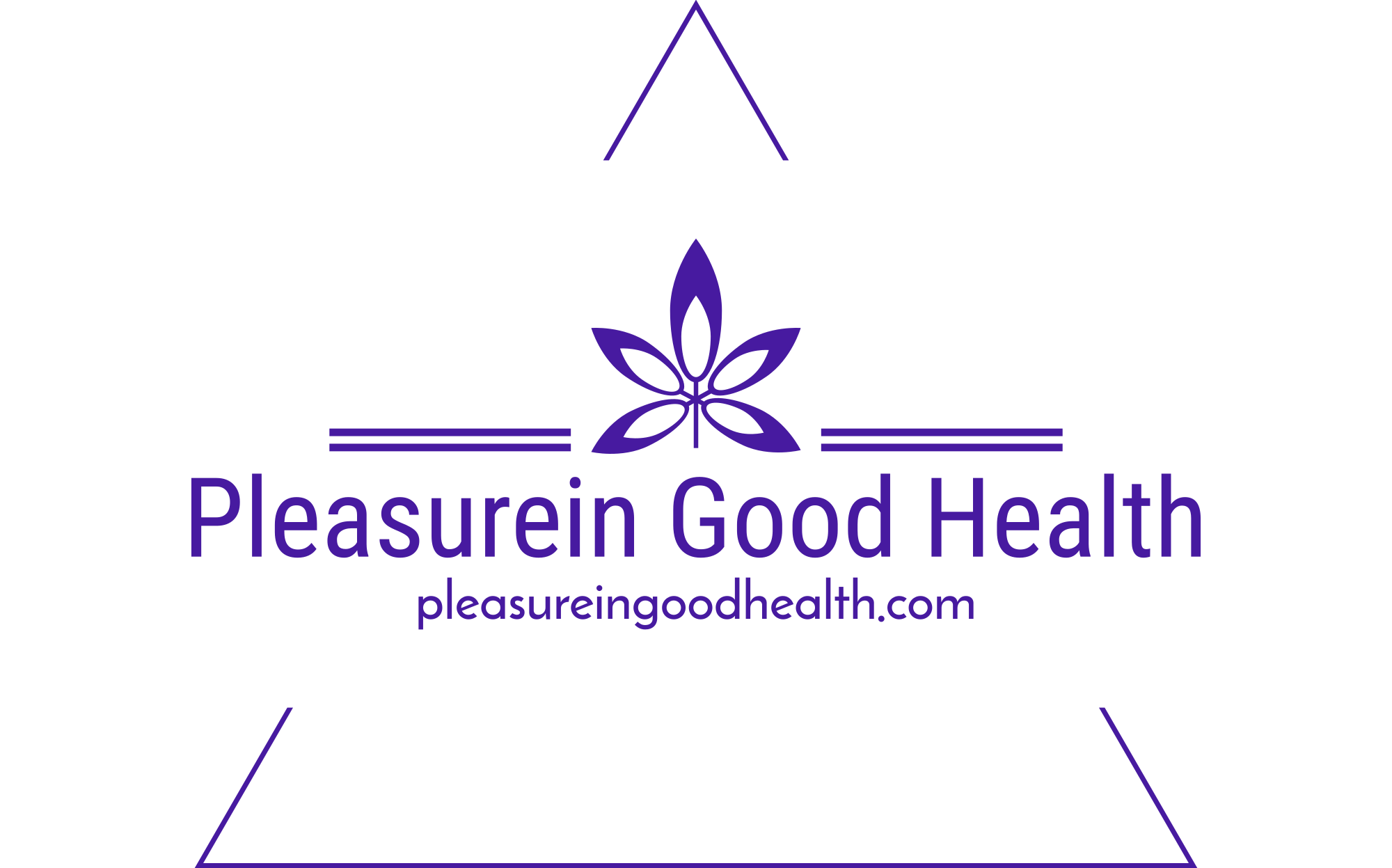Introduction
Decaf coffee, short for decaffeinated coffee, has become a popular choice for individuals seeking the flavor and ritual of coffee without the stimulating effects of caffeine. While some people enjoy decaf coffee as a way to reduce caffeine intake or enjoy a warm beverage in the evening, others question its health effects and overall benefits. In this comprehensive guide, we’ll delve into the world of decaf coffee, exploring its potential advantages and drawbacks to help you make an informed decision about whether it’s a good choice for you.
Understanding Decaf Coffee
What Is Decaf Coffee?
Decaf coffee is coffee that has undergone a process to remove most of its caffeine content. There are several methods for decaffeinating coffee beans, including solvent-based processes, water processing, and carbon dioxide extraction. These methods aim to extract caffeine while preserving the flavor and aroma of the coffee beans.
Caffeine Content
While decaf coffee is not entirely caffeine-free, it contains significantly less caffeine than regular coffee. The exact caffeine content can vary depending on factors such as the type of coffee bean, the decaffeination method used, and the brewing process. On average, a typical cup of decaf coffee contains about 2 to 5 milligrams of caffeine, compared to 95 milligrams in a regular cup of coffee.
Potential Benefits of Decaf Coffee
Reduced Caffeine Intake
For individuals sensitive to caffeine or looking to reduce their caffeine consumption, decaf coffee provides a way to enjoy the flavor and experience of coffee without the stimulating effects of caffeine. Switching to decaf coffee can help prevent insomnia, jitteriness, and other side effects associated with excessive caffeine intake.
Antioxidants
Decaf coffee contains many of the same antioxidants found in regular coffee, such as chlorogenic acids and polyphenols. These compounds have been linked to various health benefits, including reduced inflammation, improved heart health, and protection against chronic diseases like cancer and diabetes.
Digestive Health
Some people find that decaf coffee is gentler on the digestive system than regular coffee, particularly for individuals with acid reflux, gastrointestinal issues, or sensitivity to caffeine. Decaf coffee may be a more stomach-friendly option for those prone to digestive discomfort after consuming caffeinated beverages.
Potential Drawbacks of Decaf Coffee
Loss of Flavor and Aroma
Decaf coffee undergoes a process to remove caffeine, which can alter its flavor and aroma compared to regular coffee. Some people find that decaf coffee lacks the depth and richness of flavor found in caffeinated coffee, although this can vary depending on factors such as bean quality and brewing method.
Chemical Residues
Some decaffeination methods involve the use of chemical solvents, such as methylene chloride or ethyl acetate, to remove caffeine from coffee beans. While these solvents are considered safe when used in trace amounts, some people may be concerned about potential residues remaining in decaf coffee. Opting for decaf coffee that uses solvent-free decaffeination methods, such as the Swiss Water Process, can mitigate this concern.
Potential for Bone Health
Some research suggests that regular coffee consumption may have a modest impact on calcium absorption and bone health, although the evidence is mixed. While decaf coffee contains less caffeine than regular coffee, it still contains compounds like polyphenols that may affect calcium metabolism. However, more research is needed to fully understand the implications of decaf coffee consumption on bone health.
FAQs (Frequently Asked Questions)
Is Decaf Coffee Completely Caffeine-Free?
No, decaf coffee is not entirely caffeine-free, but it contains significantly less caffeine than regular coffee. The exact caffeine content can vary depending on factors such as the decaffeination method used and the brewing process.
Can Decaf Coffee Help Reduce Anxiety and Jitters?
Yes, switching to decaf coffee can help reduce anxiety and jitters associated with caffeine consumption, as decaf coffee contains much less caffeine than regular coffee. However, some people may still experience sensitivity to other compounds found in coffee, such as acids and polyphenols.
Is Decaf Coffee Safe During Pregnancy?
Decaf coffee is generally considered safe during pregnancy, as it contains much less caffeine than regular coffee. However, it’s essential for pregnant individuals to monitor their overall caffeine intake from all sources and consult with a healthcare professional for personalized recommendations.
Does Decaf Coffee Have the Same Health Benefits as Regular Coffee?
Decaf coffee contains many of the same antioxidants and beneficial compounds as regular coffee, although in slightly lower concentrations. While decaf coffee may offer some health benefits, it’s essential to consider individual factors and overall dietary patterns when evaluating its role in a healthy lifestyle.
Can Decaf Coffee Cause Insomnia?
Decaf coffee contains small amounts of caffeine, which can still have stimulatory effects in sensitive individuals, particularly if consumed in large quantities or close to bedtime. While decaf coffee is generally less likely to cause insomnia than regular coffee, it’s essential to monitor caffeine intake and avoid excessive consumption, especially in the evening.
Conclusion
Decaf coffee offers a caffeine-free alternative for individuals looking to enjoy the flavor and ritual of coffee without the stimulating effects of caffeine. While it may lack some of the depth and richness of flavor found in regular coffee, decaf coffee still provides many of the same antioxidants and potential health benefits. By understanding the potential advantages and drawbacks of decaf coffee, you can make an informed decision about whether it’s a suitable choice for your lifestyle and preferences. Whether you opt for decaf or regular coffee, moderation and balance are key to enjoying coffee as part of a healthy diet.
- Understanding Breadcrumbing In The Age Of Modern Dating - June 4, 2025
- Navigating Open Relationships: Building Trust And Communication - June 4, 2025
- The Environmental Impact Of Non-Surgical Aesthetic Procedures - June 3, 2025

